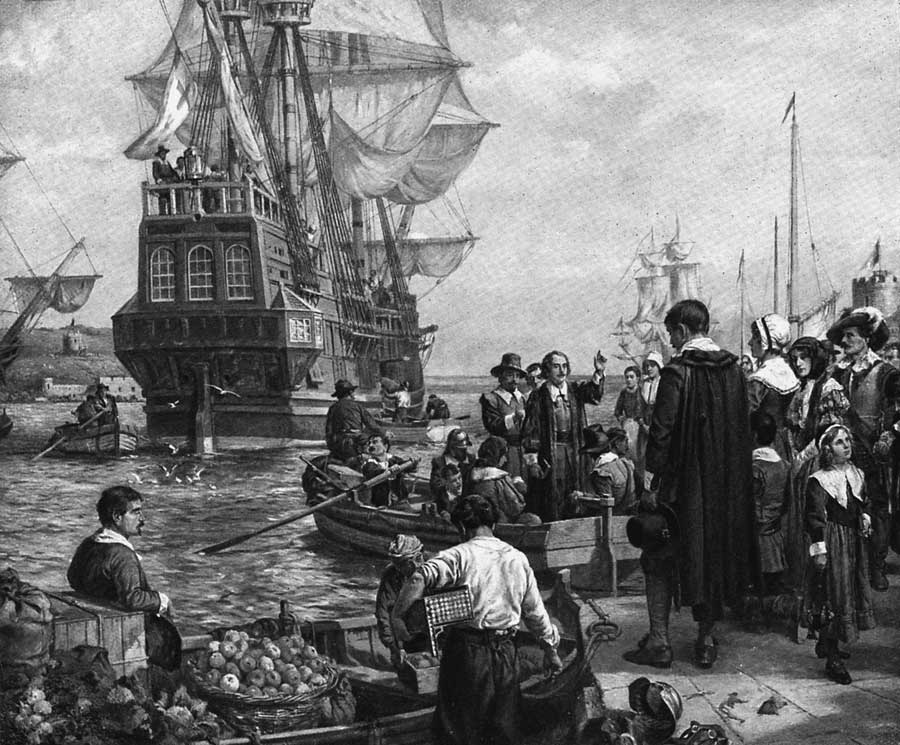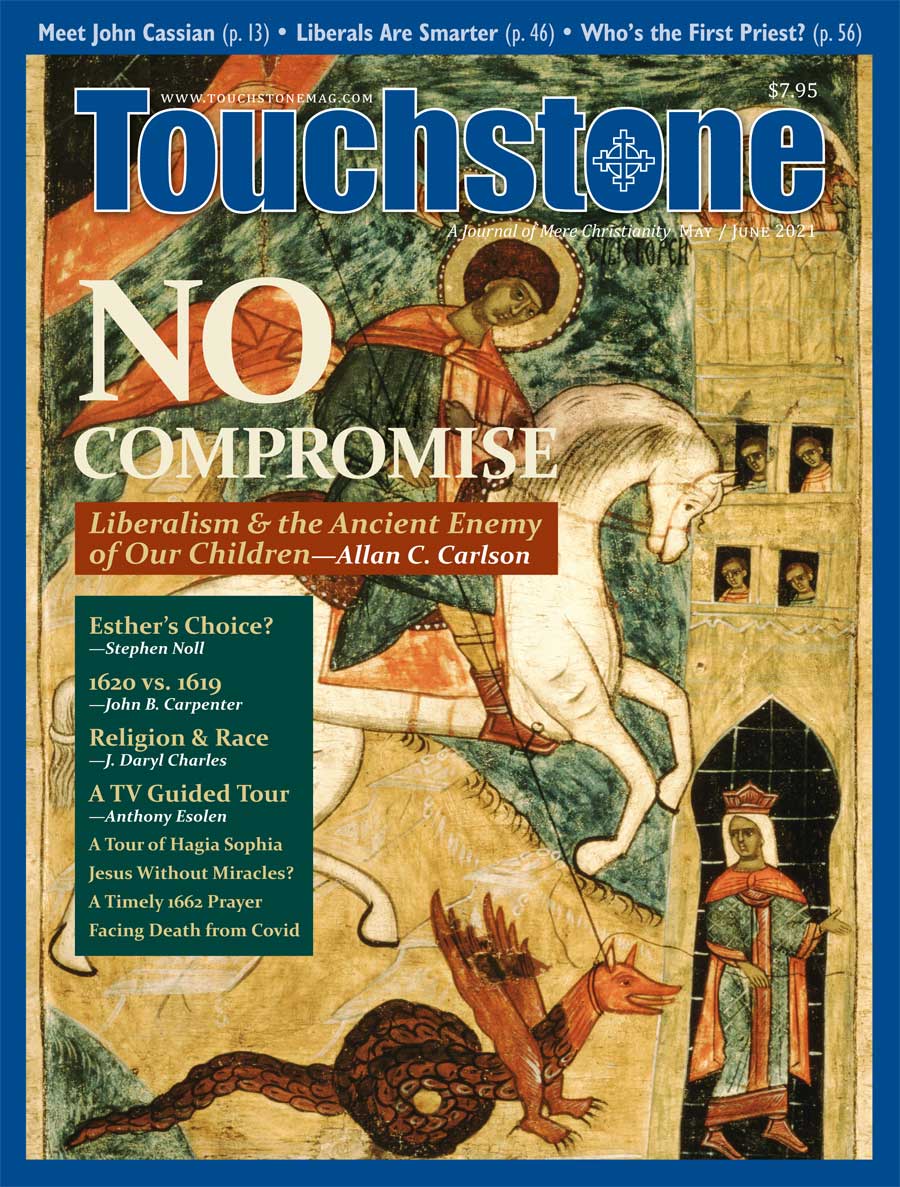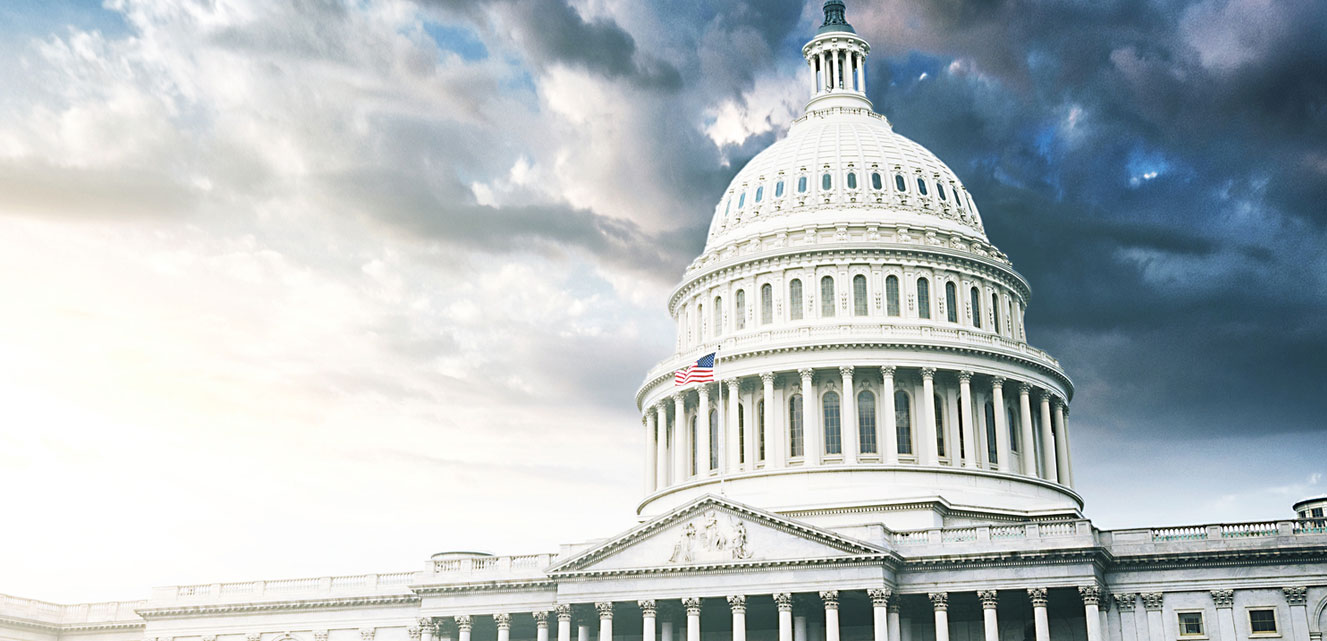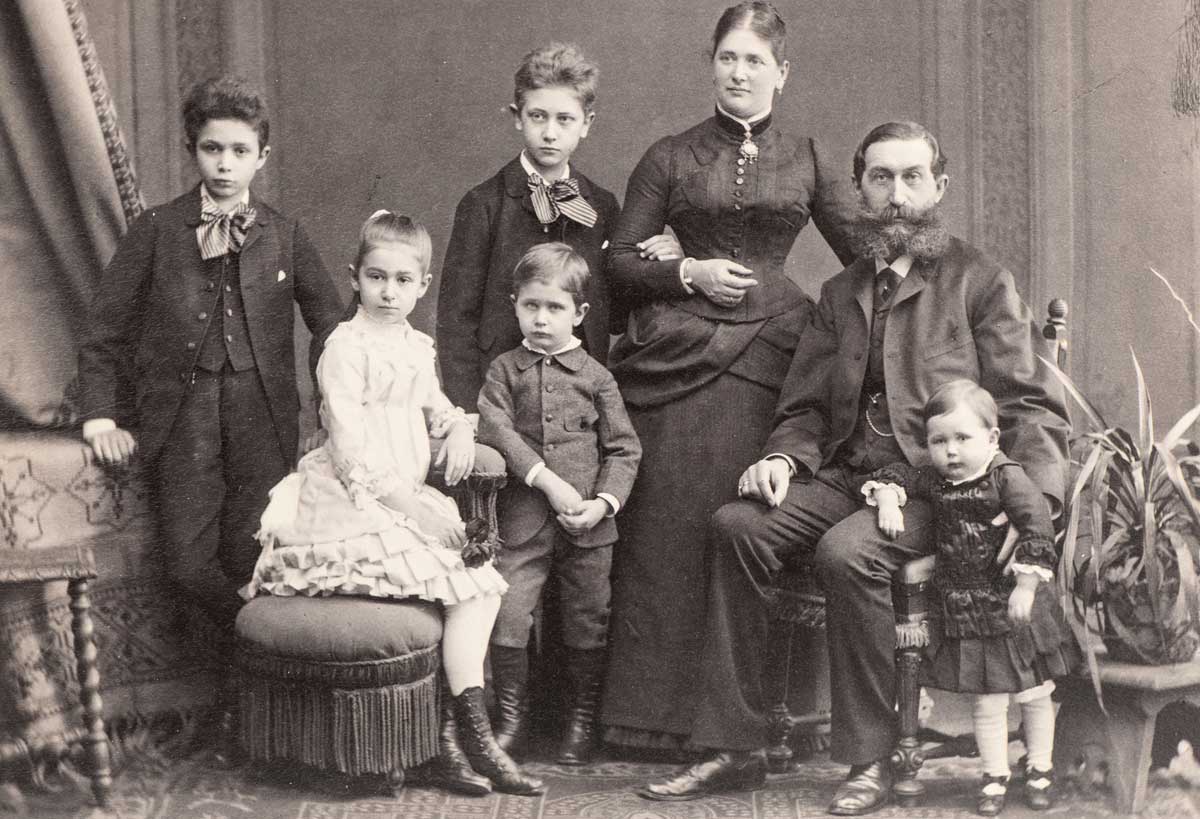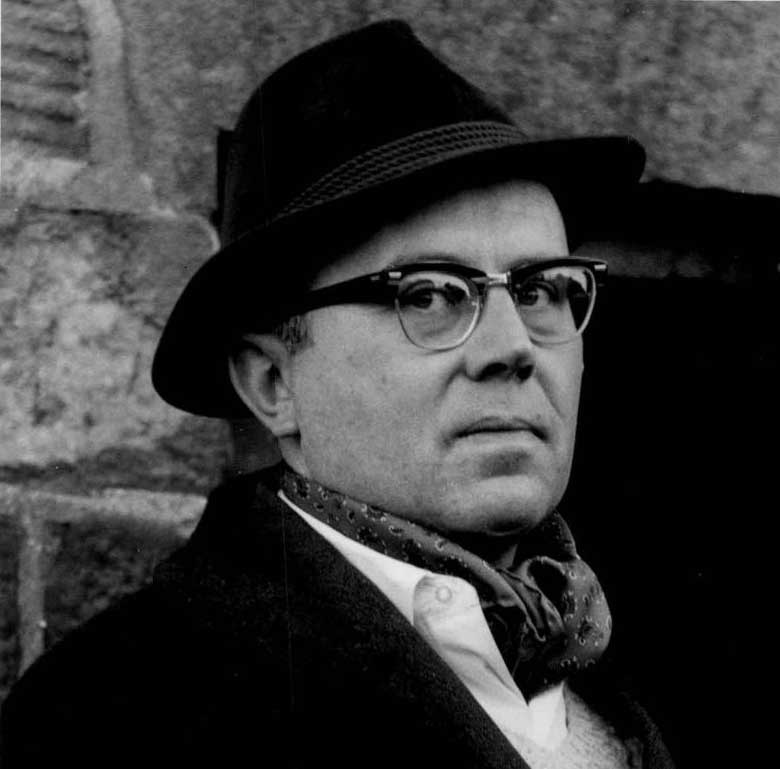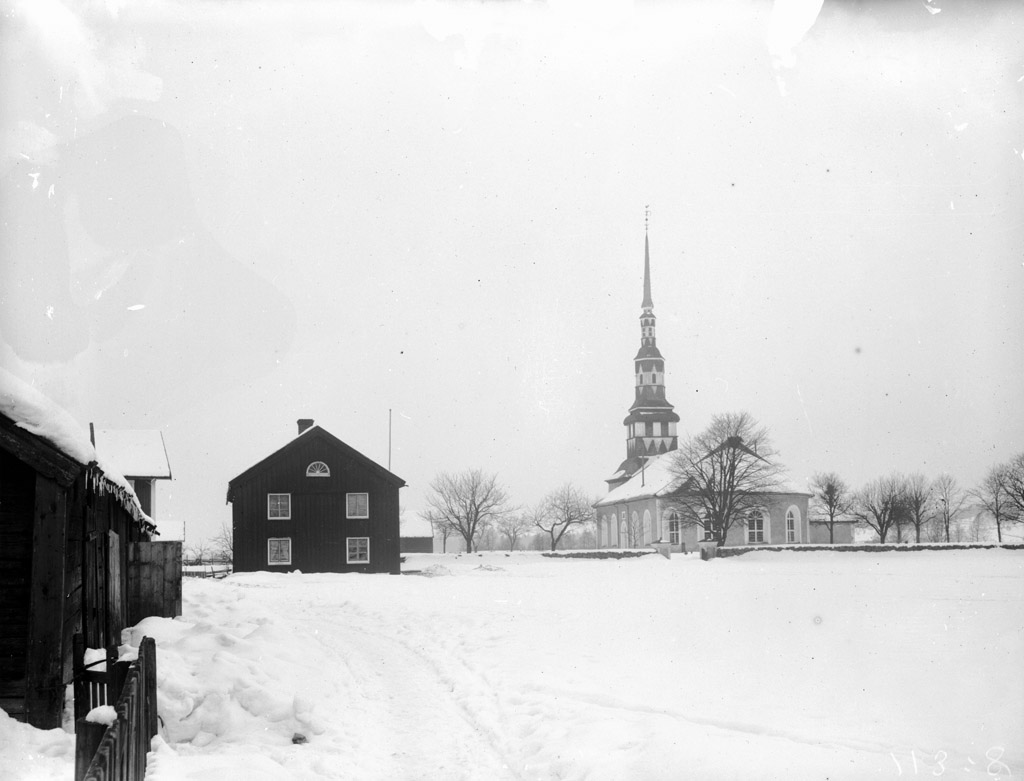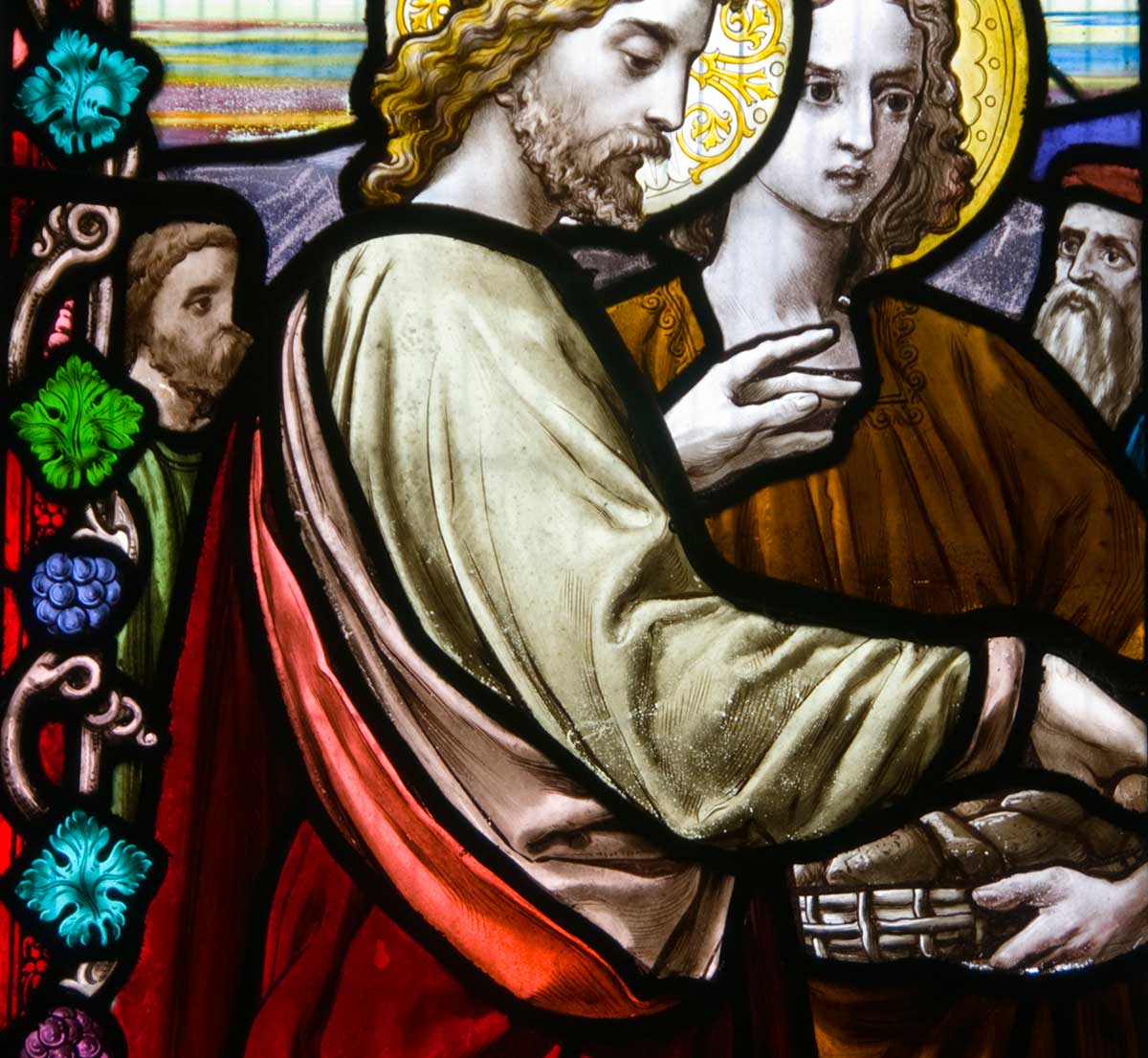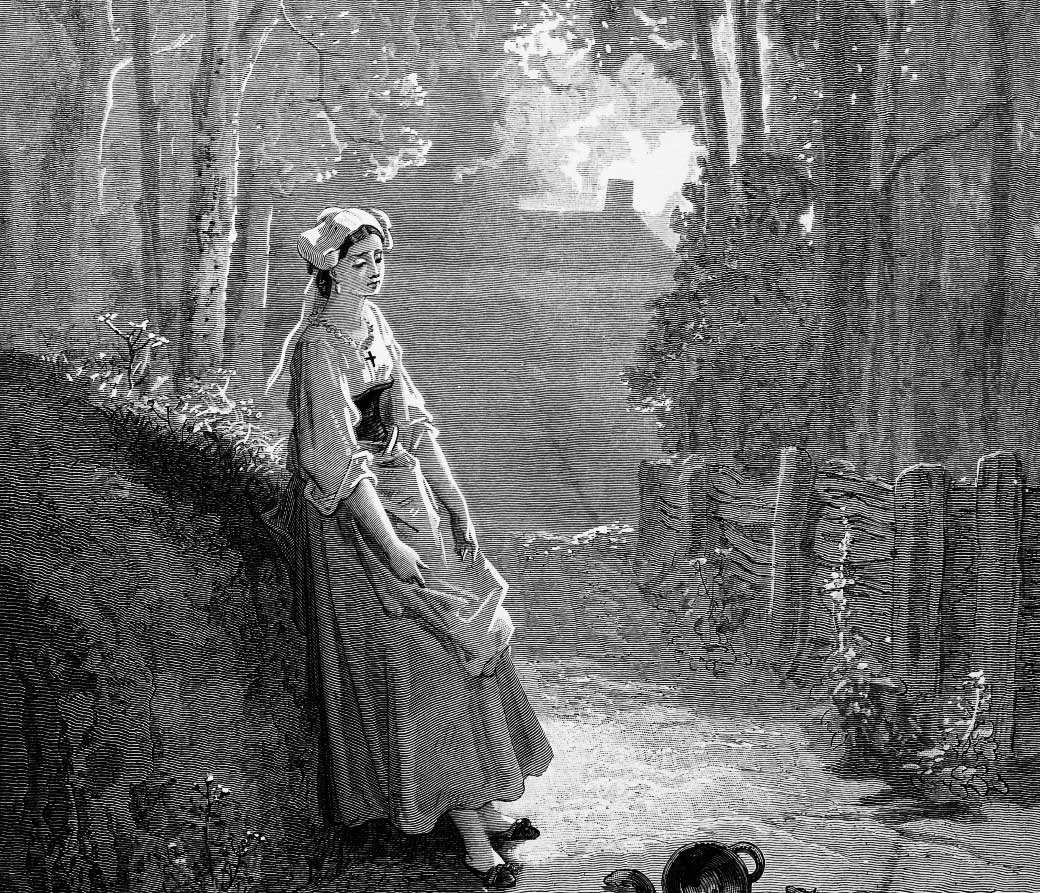The 1620 Project
Puritanism & the Ideological Founding of America
by John B. Carpenter
In August 2019 the New York Times set out to revolutionize American history by re-centering the origin of the United States not on the Declaration of Independence signed in 1776 but on the arrival of the first African slaves in Virginia in 1619. The paper boldly proclaimed that it "aim[ed] to reframe the country's history by placing the consequences of slavery and the contributions of black Americans at the very center of our national narrative." According to the Times, 1619 was not just a landmark in American history but "the country's very origin" (Jake Silverstein, "Why We Published The 1619 Project," December 20, 2019). Is that a center that can hold?
Those with even a superficial knowledge of American history should immediately notice some problems. For one thing, 1619 is twelve years after the founding of Jamestown. Though not exactly thriving, that colony had been established and had survived for a dozen years without slaves.
But more to the point, why should Virginia be considered the defining colony for America? True, it was chronologically first, but unless it is proven that the other colonies were derived from Jamestown, that fact of history is largely inconsequential. In 986, Norsemen settled Greenland, technically in North America, and Bjarni Herjólfsson even sighted mainland North America, but it would be ridiculous to start a 986 Project and argue that the United States' real founding is from the Norse. It's not who did something first; it's who set off the chain of events, political or ideological, that resulted in the end product. Those people are the founders.
So, who founded America?
The Missing Quadricentennial
Remember the hoopla last year surrounding the 400th anniversary of the founding of Plymouth Plantation? Me neither—although I had hoped that the quadricentennial of the first Puritan colony in America would provoke American Christians to launch a 1620 Project. One organization, the National Association of Scholars, did indeed do that. But apart from that modest effort, I've been underwhelmed. Thanks to the 1619 Project, many Americans now know the date on which the first slaves arrived in Jamestown, but thanks to the nearly complete lack of celebration of Plymouth's anniversary, they still don't know what project was begun in 1620, or even that a project was begun in that year.
Scholarship on the New England Puritans occupies a weird place in history. Many specialists have written fine histories of the Puritans themselves, but almost no one has described what was derived from those Puritans, as though nothing of significance out-lived their movement. There is almost no integration of Puritan New England history with the rest of American history. Or with church history—the lively Lion Handbook, The History of Christianity, for example, says nothing at all about the New England Puritans.
Many Americans have almost no understanding of the colonial period, of the century-and-a-half of history that transpired in America before 1776. If they did, they might realize that the 1619 Project was right about one thing: the true founding of America—or at least of a major strand of America—wasn't in 1776. But they were off by one year. It's actually 1620.
Cynicism for Religion
Given the new nihilism exemplified by the 1619 Project, not to mention a generation of political correctness and a "cancel culture" that has trained many Americans in what they can and cannot say, it's no surprise that we're frequently unable to cultivate in skeptics even an ambiguous respect for the contributions of religion to our heritage. "Religion ruins everything!" some assert, even on the campuses of universities, like Harvard and Yale, that were founded by the Puritans who began to arrive in 1620.
John B. Carpenter is the pastor of Covenant Reformed Baptist Church in Danville, Virginia. He holds a Ph.D. in church history from the Lutheran School of Theology at Chicago and an M.Div. from Fuller Theological Seminary.
Share this article with non-subscribers:
https://www.touchstonemag.com/archives/article.php?id=34-03-030-f&readcode=10540
subscription options
Order
Print/Online Subscription

Get six issues (one year) of Touchstone PLUS full online access including pdf downloads for only $39.95. That's only $3.34 per month!
Order
Online Only
Subscription

Get a one-year full-access subscription to the Touchstone online archives for only $19.95. That's only $1.66 per month!
bulk subscriptions
Order Touchstone subscriptions in bulk and save $10 per sub! Each subscription includes 6 issues of Touchstone plus full online access to touchstonemag.com—including archives, videos, and pdf downloads of recent issues for only $29.95 each! Great for churches or study groups.
Transactions will be processed on a secure server.
more on America from the online archives
more from the online archives
calling all readers
Please Donate
"There are magazines worth reading but few worth saving . . . Touchstone is just such a magazine."
—Alice von Hildebrand
"Here we do not concede one square millimeter of territory to falsehood, folly, contemporary sentimentality, or fashion. We speak the truth, and let God be our judge. . . . Touchstone is the one committedly Christian conservative journal."
—Anthony Esolen, Touchstone senior editor






